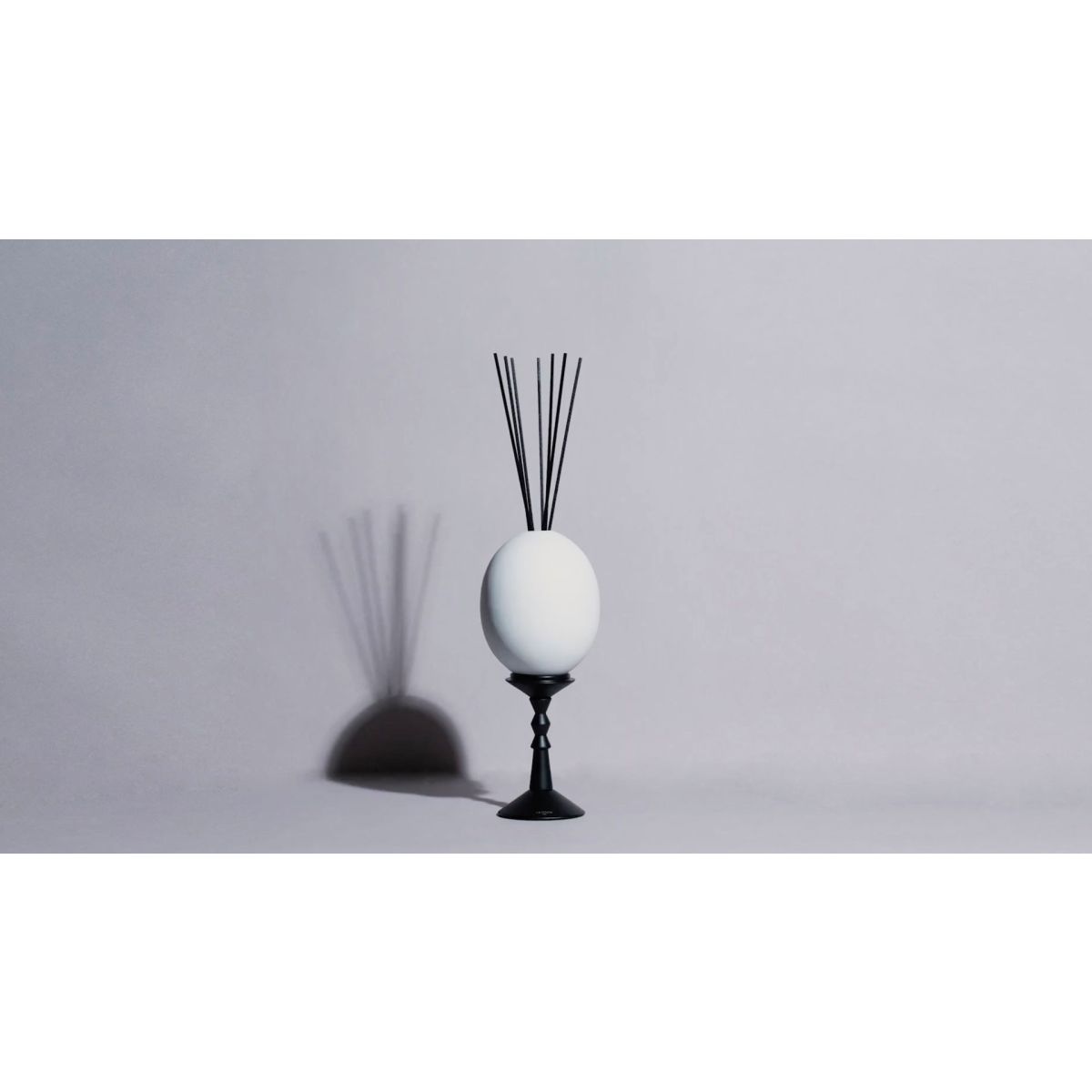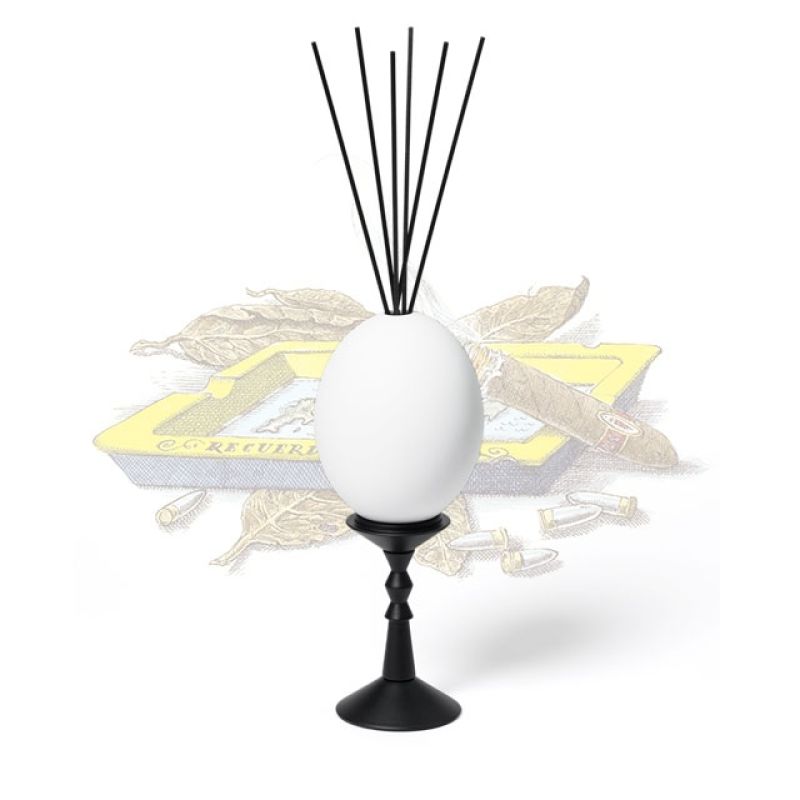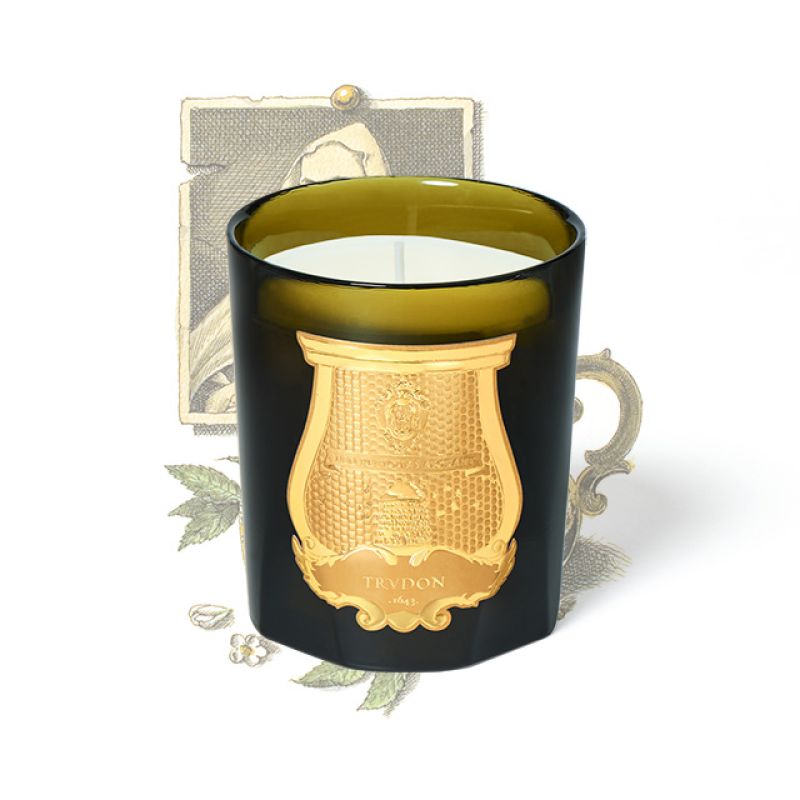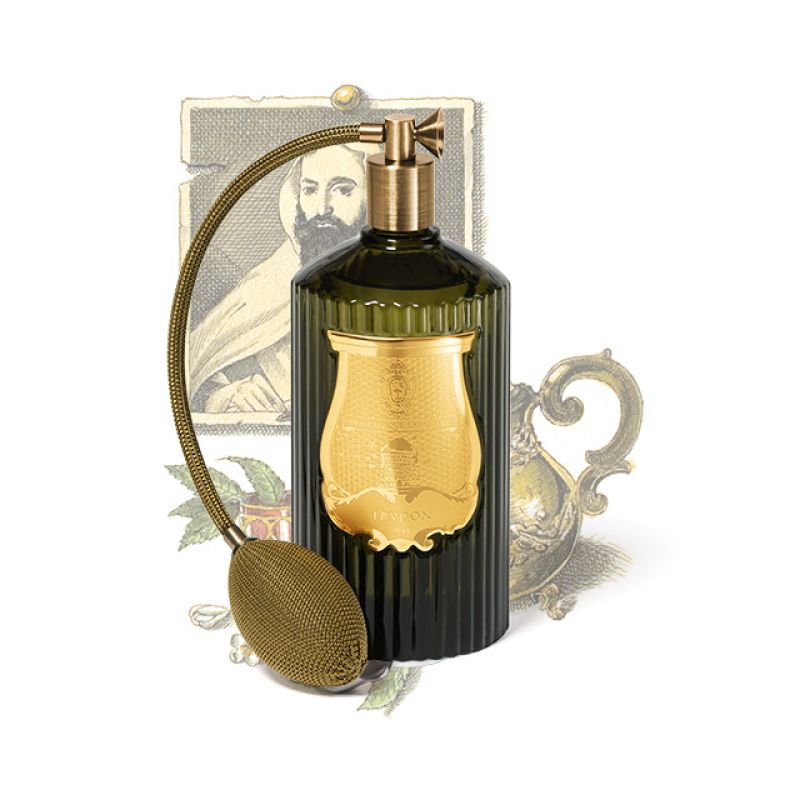$350.00

L’Œuf
Abd el Kader
Add to Wish List The Diffuser
Standing out as a symbol of the Renaissance, L’Œuf combines the softness of unglazed ceramic and the strength of a satin-black, turned wood stand.
L’Œuf is inspired by ancient ‘Cabinets of Curiosities’, great exploration routes and the glorification of the animal kingdom.
More than 3 months of diffusion The set is composed of : an unglazed ceramic egg, a painted wooden stand, 8 reeds, a 300ml bottle containing the fragrance and a funnel. Separate refills available.
A gust of freedom blowing from the Mascara coast and the mountains picks up on its way the green scents of fresh mint, the rashness of fights, ginger’s hot and peppered air and the perfume of tea and tobacco from the Ouled Nail tribe…
- Capacity
- 300 ml
- Dimensions
- H: 40 cm Ø: 10 cm
- Head Notes
- Blackcurrant Bud, Lemon, Ginger, Clove, Spearmint, Apple
- Heart Notes
- Jasmine
- Base Notes
- Vanilla

L’Œuf - Abd el Kader
Born in 1808 near the town of Mascara in Algeria, Abd El Kader was a politician and military leader, as well as a writer, poet and philosopher who founded the Algerian state. Nicknamed “the friend of the French”, he was said to be enlightened and cultivated. A man who always fought with honour, he was highly respected even by his enemies.
 created by Dimitri Smilenko
created by Dimitri SmilenkoDimitri Smilenko is an image creator that has always dabbled in objects as well. After several lamps, sconces, rugs, ephemeral garden chairs and tables, it was coming into contact with Maison Trudon that gave him the idea to fragrance interiors in a different way. L’Œuf is the result of a precisely perfected process and is inspired by the ornamental ostrich eggs of 17th and 18th century curio cabinets. It revisits this theme not only in a decorative sense, but also with an olfactive dimension.


